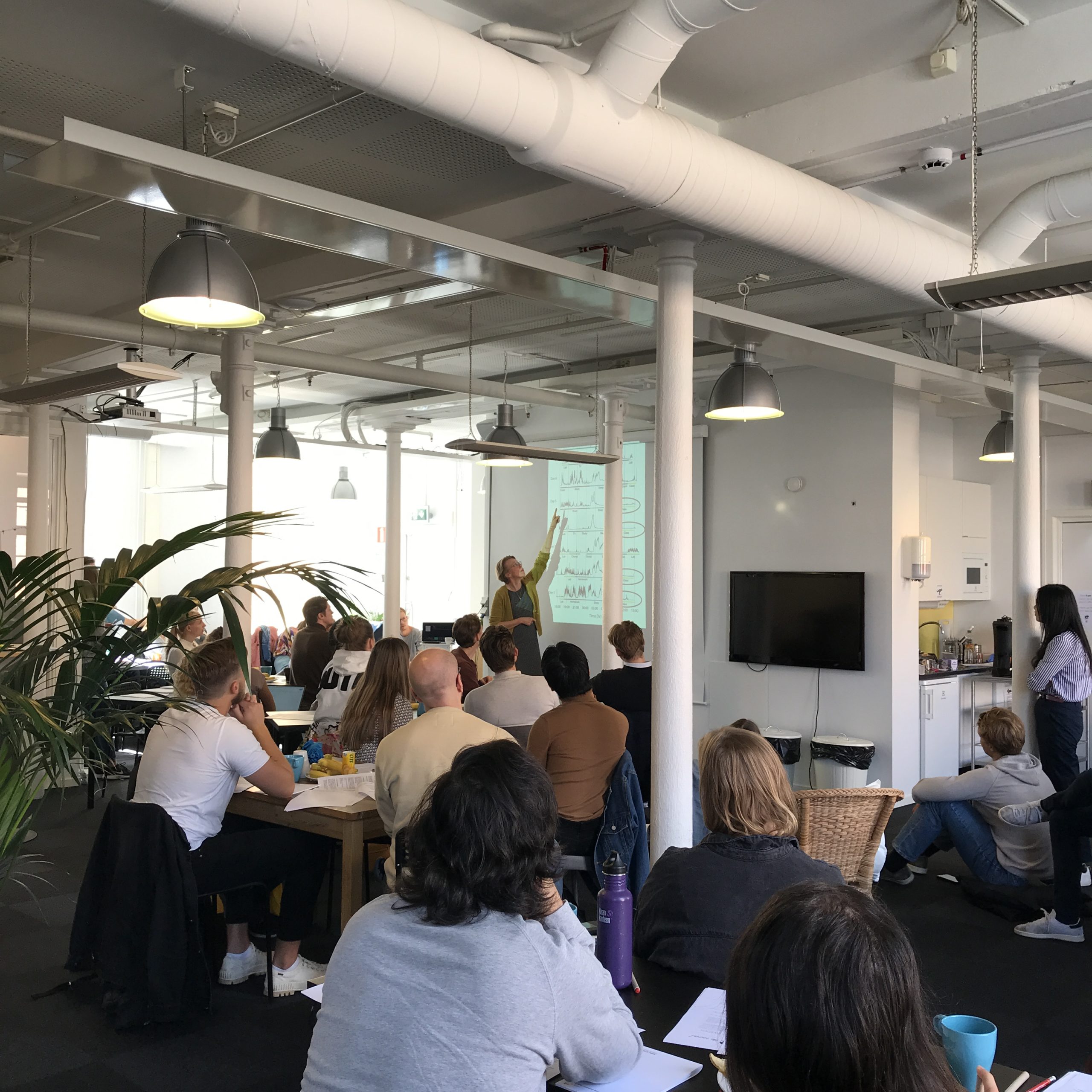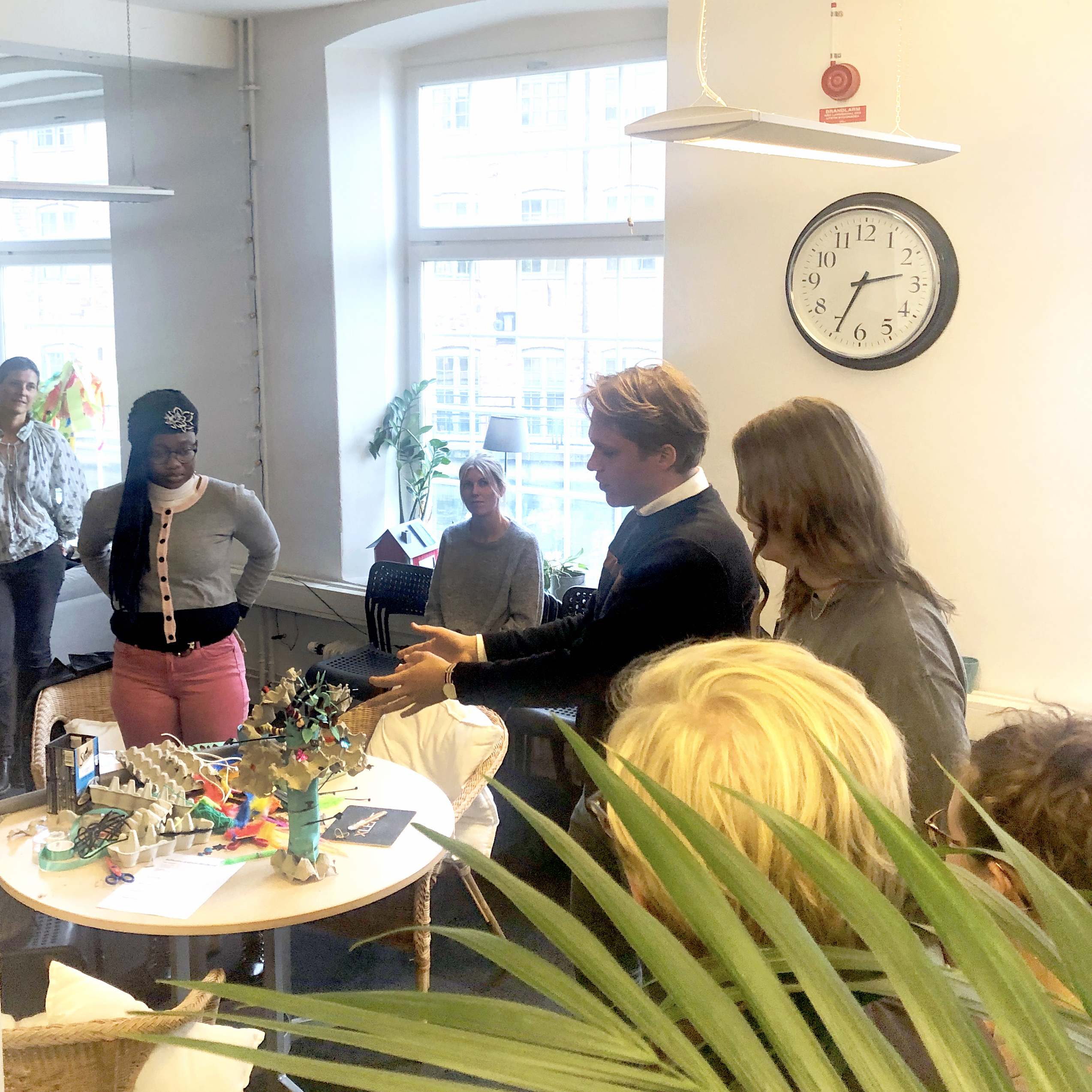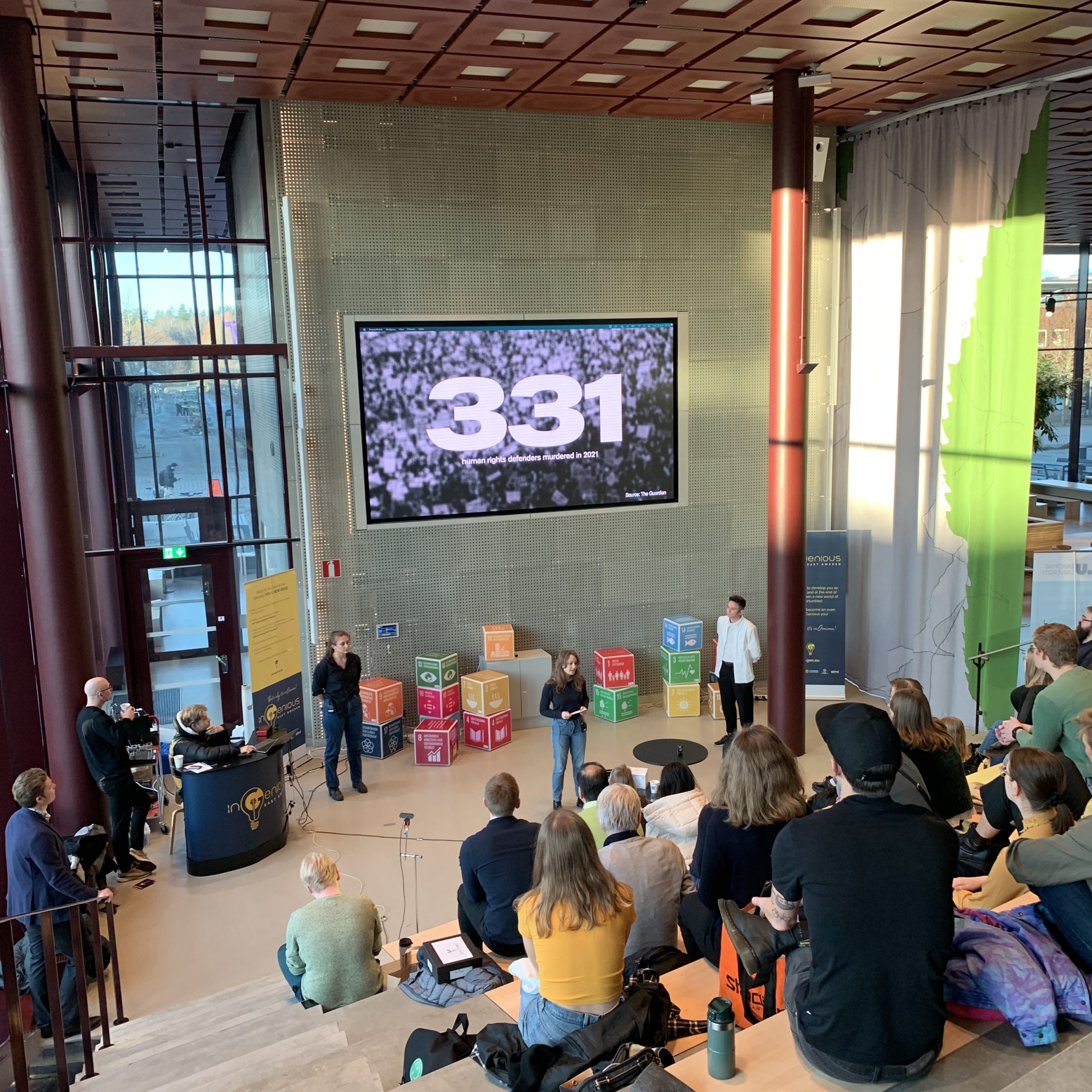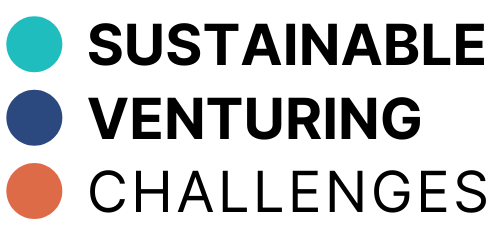ACADEMIC STAFF
The top 5 benefits of implementing sustainable venturing challenges
01 Enable your students to move from sustainable entrepreneurship theory to practice
By integrating sustainable venturing challenges into your curriculum, you help your students to complement theoretical learning with practice. Working on relevant, real-world sustainability problems in close collaboration with business partners will allow them to accelerate as well as deepen their learning. It can also significantly boost student motivation and commitment, because students get to apply their knowledge in real situations and through learning in relationships with both other students and business leaders.
02 Facilitate your students’ development of 21st century skills



03 Develop your competencies as academic staff and fuel your professional development
04 Build professional relationships and grow your network
05 Support innovation in teaching practices at your university
Develop a Challenge
Learn how to implement sustainable venturing challenges in collaboration with business partners.
Learn more
Resources
Explore a range of guidelines, playbooks and tools for collaborative sustainable venturing.
Explore

powered by ScaleUp4Sustainability
Carl von Ossietzky University of Oldenburg
Department of Business Administration, Economics and Law
Adj. Prof. Innovation Management and Sustainability
Ammerländer Heerstr. 114-118, 26129 Oldenburg, Germany
Legal notice and data protection

The platform was created as part of the ScaleUp4Sustainability project. ScaleUp4Sustainability (Project Reference: 601150-EPP-1-2018-1-DE-EPPKA2-KA) is funded by the Erasmus+/Knowledge Alliance Programme of the European Union.
